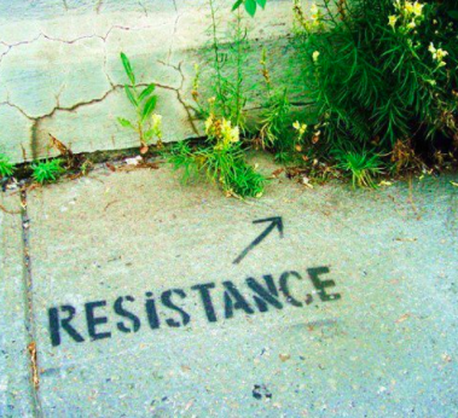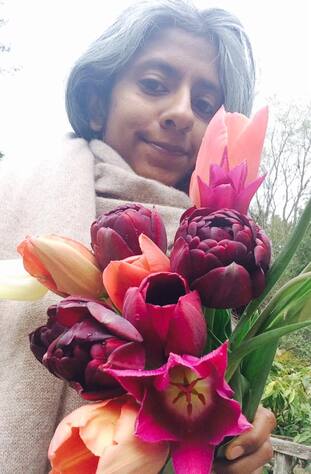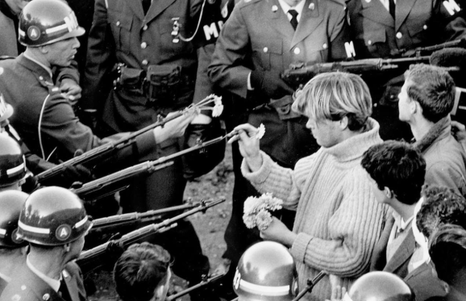
More than anything else, its these weeds that’ve taught me Faith at times when I almost lost it completely – wrecked in the despair of the reeking, black, plastic-choked waters of my homeland where once there had been alive, green and flowing water. Now waters of death sit everywhere, while the water people drink comes from plastic bottles. Like so much of the world, its the same everywhere. But my whole life has been spent in search of these cracks into an untamable wisdom, and of my own lineage – which despite the thousands of years of Christianity, Brahmanism, war-culture, and the more recent British colonialism, capitalism and Marxism – can still be found, although less and less readily.
This assault against our senses – our natural sensibility – is everywhere humans are. It’s the daily message we get from T.V., magazines, billboards and social media – that what’s pre-packaged, exotic, expensive and sleek is more satisfying than what’s raw, immediate, free and natural. Picture the pristine forested mountains of some far-away place in a travel magazine… we’re told that this is this place where we’ll finally feel wonder, ease, joy… if go there on vacation. When we return from these exalted other worlds to our normal lives, we’re convinced its back to a tame life. (Ironically these romanticized distant places suffer from the same assault against wildness that’s everywhere else. Just on the other side of those forested hills are desertified ones, or the ever-growing urban sprawl of development/ “advancement”.) Tragically, what’s beautiful and wild is always somewhere else in the imagination of the modern, civilized human being.
Its exactly this that separates us from the wildness inherent everywhere, everyplace – taking the wild out of Nature, and the wild out of us. Instead of going far away to search for something pristine and natural – a continuation of the colonial mindset – its here (wherever we are) that we need to look for and en-courage the wild. If we don’t, then we lose the wild here, and we loose it far away from us as well. Because the destruction of the wild everyplace (especially far away from those with more privilege) is the requisite cost of maintaining the tame modern lifestyles we have. Your comfort here equals black water back in my homeland.
What’s at stake within the wild around us – evidenced as the moss that grows invincibly through the sidewalk cracks, or the dandelions on your lawn – isn’t just Nature, its our own soul. Its our original memory of why we’re here – what it means to be human beings that are a part of this planet as opposed to apart from it. Soul is that quality of inherent beauty, intelligence, at-homeness, naturalness and uniqueness. We’ve got to look for that wildness, become really dedicated to appreciating it in the most unlikely places – to become lovers of the wild, devotees of the wild, wherever we are. And its this same quality we’ll also be stalking within ourselves and with others. We’ll be looking for people whose souls haven’t been manipulated into conformity, noticing how they’re twisted in the most beautiful way like the banyan trees that grow out of the sidewalk cracks. Because its not the idealizing of a “Pristine Nature” while we continue to live tame, commodified and sedentary lives that’s going help us survive as a human people, its our dedication to adoring and nurturing the wild within us and outside of us, so that it can do what’s its been doing for millions of years, and come back in full force. Take over more of our concrete and turn it back into the jungle it once was. Take over the colonized, mono-culture, mass-produced sameness of our minds, with its verdant, ever-evolving resilience.
Imagine a culture, a world, where we revere what’s wild instead of what’s tame. And where what’s wild isn’t just in Nature, but is also inside us and among us. So that moss might once again carpet this Earth. And so that we could remember that we belong to this Place, (and not the other way around), and that what’s alive, and free and right here, is infinitely more satisfying than anything else could ever be. Those green and sentient rebels growing out of concrete the world over – let them be our heroes, our anthem of resistance, and of hope.


 RSS Feed
RSS Feed